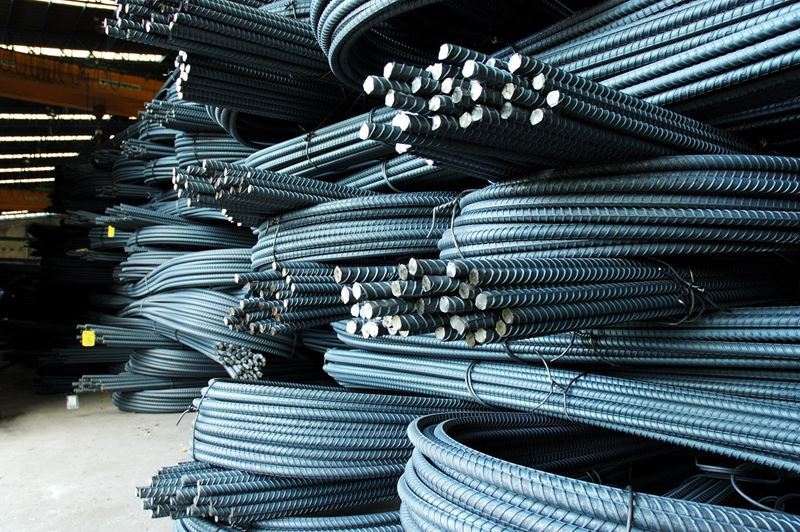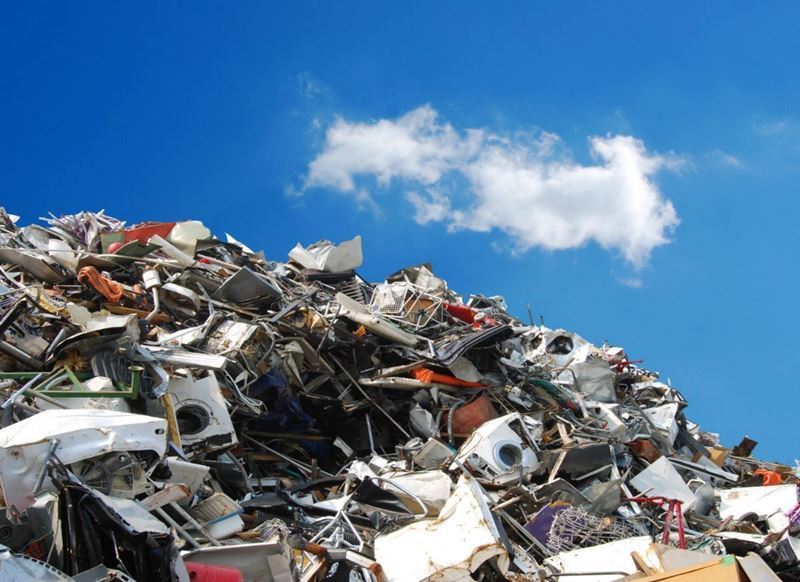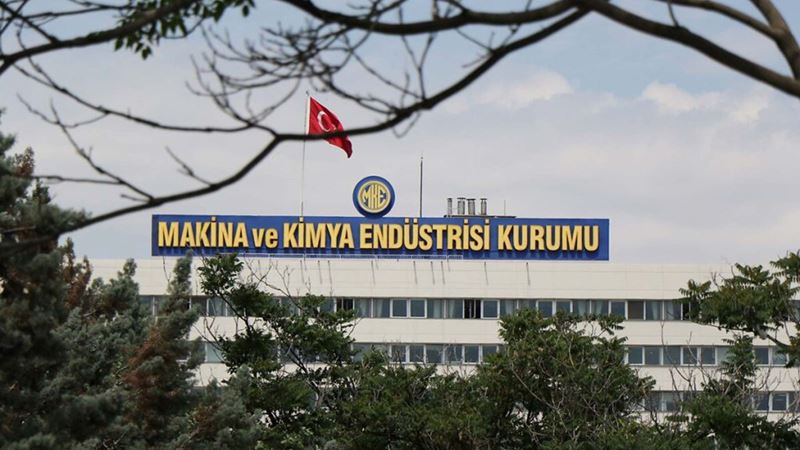The steel industry is facing the risk of a global recession, particularly due to factors originating from China.
Weak demand and damaged production in China, coupled with a damaged real estate market, pose a major risk for the industry in the country.
The global steel industry faced devastating downturns in 2008 and 2015. China's China Baowu Steel Group predicted that this new crisis could be more severe than the previous ones.
New construction starts in the country are estimated to have fallen by about 24 percent in the first half of 2024, following contractions of 21 percent and 39 percent in 2023 and 2022, respectively.
The per-ton price of iron ore fell to its lowest level since 2022 at $93 a ton, the lowest of the year.
ThyssenKrupp, one of the world's largest steelmakers based in Germany, saw its sales fall from 9.6 billion euros to 9 billion euros and orders from 9.4 billion euros to 8.4 billion euros in the second quarter of the year.
The company noted that weak demand, with fewer customers in the automotive technology, machinery and construction sectors, dampened sales and new orders.
Weakness in China's Real Estate Market and Production Problems
Anadolu Ajansı Asian Markets Specialist Süleyman Mete Özbalaban stated that the sales and profits of the world's largest companies in the iron and steel industry declined in the first quarter of 2024.
Referring to the most important reasons for the decrease in sales and profits of the iron and steel industry, Özbalaban pointed out that there is an excess supply in China, the world's largest iron and steel producer.
Stating that the decline in the country's economic growth and especially the recession in the housing market have significantly reduced domestic demand, Özbalaban said:
“Because in general, the construction and infrastructure sector accounts for 52 percent of iron and steel consumption. Despite the decline in domestic demand, Chinese companies did not cut production and exported the excess supply at low prices. Last year, China's steel exports increased by 33 percent. In total, it exported 95 million tons, which is equal to the total consumption of the US in 2022. For example, Angang Steel, one of China's and the world's largest producers, saw its domestic sales fall by 15 percent in 2023, while its exports increased by 18 percent. Despite this, the company announced a loss of approximately 449 million dollars. The countries where China increased its exports the most were Brazil, Vietnam, India, the UK, the Philippines and Türkiye.”
Stating that the high interest rate and inflation environment in the global economy negatively affected industrial production and the housing market, Özbalaban said, “Although the US-based steel producer US Steel increased its product prices by 4 percent, its sales (in terms of quantity) decreased by 10 percent.”
Özbalaban said that the slowdown in the European Union's economic growth also affected the sector, noting that the increase in energy and iron and steel ore prices reduced companies' profit margins.
“Although there is a decline in profit margins in the iron and steel sector due to China's overproduction and competitive price and recession in the sector, there is no crisis situation,” Özbalaban said:
“In order for the sector to enter a crisis, a global crisis must occur, in other words, housing and infrastructure sector investments in the US must stop, the recession in the Chinese housing market must enter a bigger crisis, and the automotive sector must reduce its production. In particular, the tariff and non-tariff barriers imposed by the US against China will reduce China's exports and production in 2024 and 2025. The Central Bank of China launched a new low-interest loan program through commercial banks for the housing sector. This program is expected to boost housing sales in China and thus iron and steel consumption. The use of the Suez Canal has decreased significantly due to the Yemeni attacks on ships, and freight prices from China to Europe have increased significantly due to the use of the Cape of Good Hope. The increase in freight prices will reduce shipments from China to Europe and the Mediterranean region, especially for products such as iron and steel, which have a higher weight for their price.”
Stating that Ukraine's production has dropped to 15-20 percent capacity due to the war conditions, Özbalaban added that the production and exports of Russia, another important producer, have also decreased due to the embargo and trade barriers.









Comments
No comment yet.